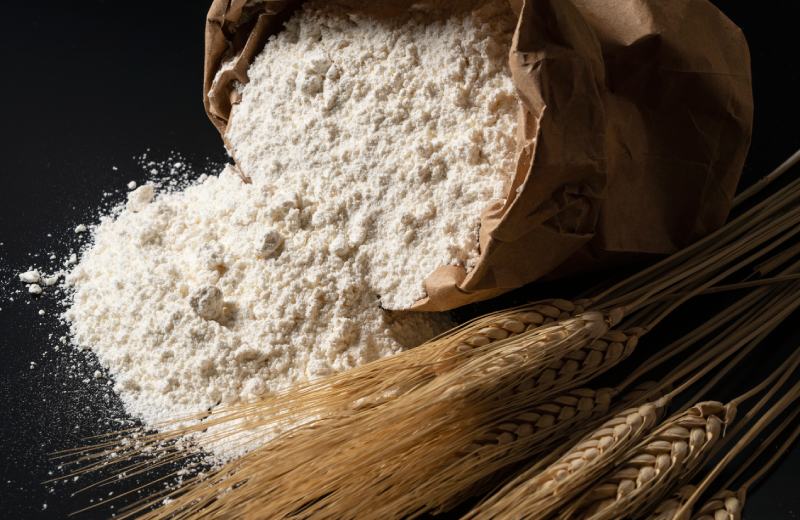
Baking is a beloved pastime for many, and the type of flour you use can make a significant difference in the outcome of your creations. With the rise in popularity of organic products, many bakers are considering making the switch from conventional flour to organic flour. But what exactly is the difference between the two, and how does it affect your baked goods? In this article, we'll explore the distinctions between organic and conventional flour and how each can impact your baking.
Organic Flour
Organic flour is produced from grains that have been grown without the use of synthetic pesticides, herbicides, or fertilizers. Instead, organic farmers rely on natural methods like crop rotation, composting, and the use of beneficial insects to maintain the health of their crops. This results in flour that is free from potentially harmful chemicals and pesticides, making it a popular choice for those looking to reduce their exposure to such substances.
Benefits of Organic Flour
- Free from synthetic pesticides and chemicals
- May contain higher levels of nutrients due to healthier soil
- Environmentally friendly production methods
- Supports sustainable farming practices
Considerations When Baking with Organic Flour
- May have a slightly different texture and flavor compared to conventional flour
- Absorbs liquids differently, so recipes may need to be adjusted
- Can be more expensive than conventional flour
- Shorter shelf life due to lack of preservatives
Conventional Flour
Conventional flour is the most widely available type of flour and is produced using traditional farming methods that may involve the use of synthetic pesticides, herbicides, and fertilizers. While these methods can result in high yields and lower costs, they also raise concerns about the potential health and environmental impacts of the chemicals used in conventional farming practices.
Drawbacks of Conventional Flour
- May contain residues of synthetic pesticides and chemicals
- Lower nutrient content compared to organic flour
- Conventional farming practices can contribute to environmental degradation
- Potential health risks associated with exposure to agricultural chemicals
Advantages of Conventional Flour
- Generally more affordable than organic flour
- Consistent texture and flavor for predictable baking results
- Longer shelf life due to preservatives
- Widely available in most supermarkets and stores
Which Flour is Right for You?
When it comes to choosing between organic and conventional flour for your baking needs, there are several factors to consider. Your personal preferences, values, and budget will all play a role in determining which type of flour is the best fit for you. Here are some questions to help guide your decision:
Questions to Consider:
- Are you concerned about exposure to synthetic pesticides and chemicals?
- Do you prioritize supporting sustainable and environmentally friendly farming practices?
- Are you willing to adjust your recipes to accommodate the differences in texture and flavor of organic flour?
- Is cost a significant factor in your decision-making process?
By weighing these considerations and understanding the differences between organic and conventional flour, you can make an informed choice that aligns with your values and preferences as a baker.
Conclusion
Whether you choose organic or conventional flour for your baking endeavors, both options have their own set of advantages and drawbacks. Organic flour offers the benefits of being free from synthetic chemicals and supporting sustainable farming practices, while conventional flour is more affordable and widely available. Ultimately, the decision of which flour to use comes down to your personal preferences and values as a baker. Experimenting with both types of flour can help you determine which one produces the best results in your favorite recipes. Whichever you choose, happy baking!